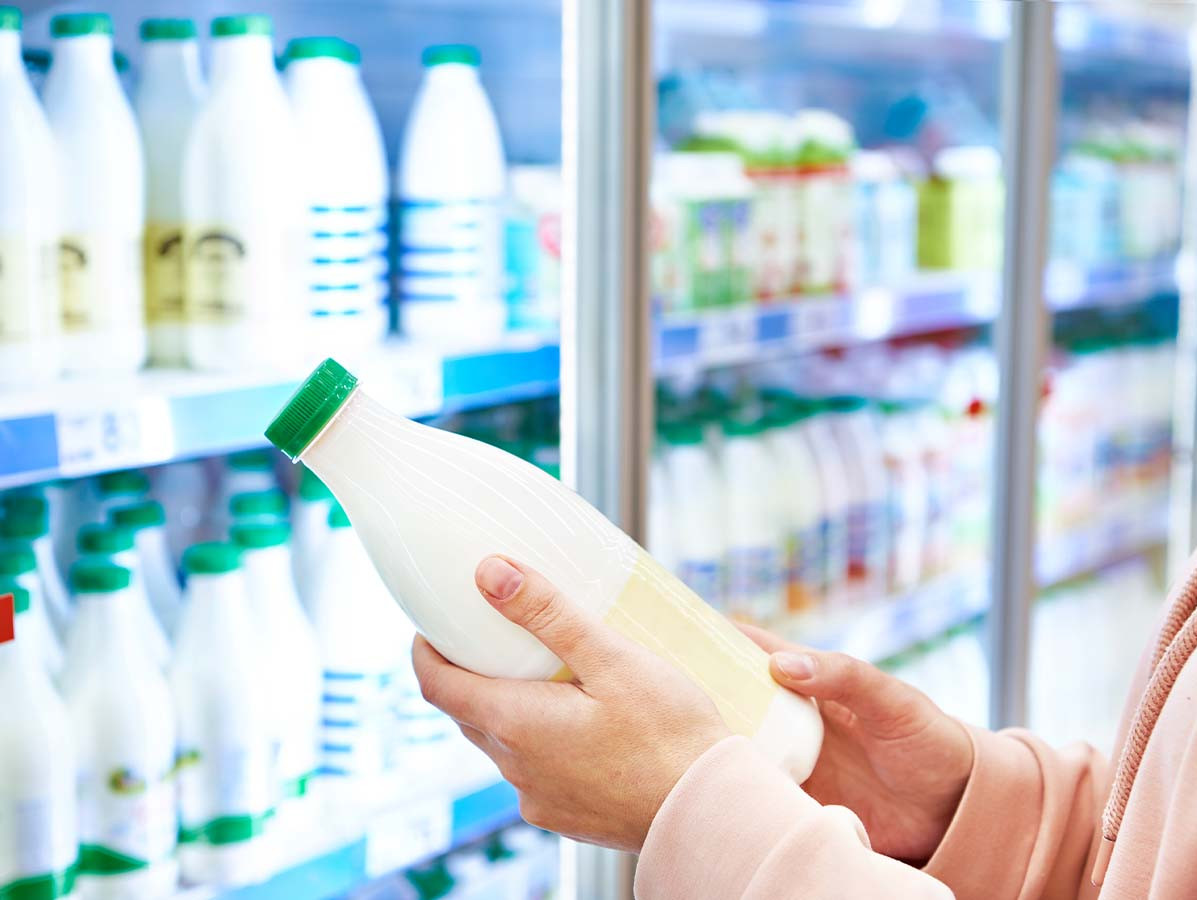
It appears that times have changed in supermarkets, and this time in favor of the price-conscious consumer. Recent research by the think tank Questionmark, commissioned by ProVeg, reveals that filling your shopping basket with plant-based alternatives to meat and dairy is now up to 20% cheaper than the animal-based counterparts. A notable shift, considering that consumers had to pay extra for plant-based products in 2022.
Questionmark compared prices of shopping baskets filled with the 12 most common product categories, including vegetarian meatballs, plant-based cheese, and yogurt. In almost all major Dutch supermarkets, including Albert Heijn, Aldi, Dirk, Jumbo, Lidl, Plus, and Ekoplaza, consumers opting for plant-based options are finding a cheaper alternative. The savings can even reach up to €9.66 at Ekoplaza, translating to an impressive 20% less expensive. Only at Dirk, consumers pay an additional €0.18 for a basket filled with plant-based products.
This reversal in price ratios is a welcome development for the price-conscious consumer. Pablo Moleman of ProVeg Netherlands emphasizes that this is a significant turning point for the protein transition. Previous research suggested that price was a hurdle for consumers to choose plant-based options more frequently. With plant-based grocery shopping now being more affordable, this financial barrier disappears, making the sustainable choice more accessible.
Although the overall costs for plant-based groceries are lower, significant price disparities still exist between different product categories. Meat substitutes are often cheaper, while plant-based quark and yogurt are still more expensive than their animal-based counterparts. However, supermarkets, including Jumbo, are adjusting their policies to narrow these differences. Jumbo's policy, where store-brand meat substitutes are offered at the same or lower prices than animal alternatives, seems to be yielding results. The challenge now is for other supermarkets to follow suit, not only for meat substitutes but also for dairy alternatives. Lidl has taken a different approach by expanding the assortment of bulk packages, allowing consumers to benefit from price advantages similar to animal products.
The price differences and policy adjustments in supermarkets indicate that the protein transition is underway. Supermarkets have set ambitious goals to change the ratio of animal to plant-based proteins, but there is still work to be done to align policies and promotions fully with these objectives. It seems that the price-conscious consumer now has a financially appealing path to make the sustainable choice, but it is up to supermarkets to further encourage this trend.
Read the full report (Dutch only)
Source: ProVeg